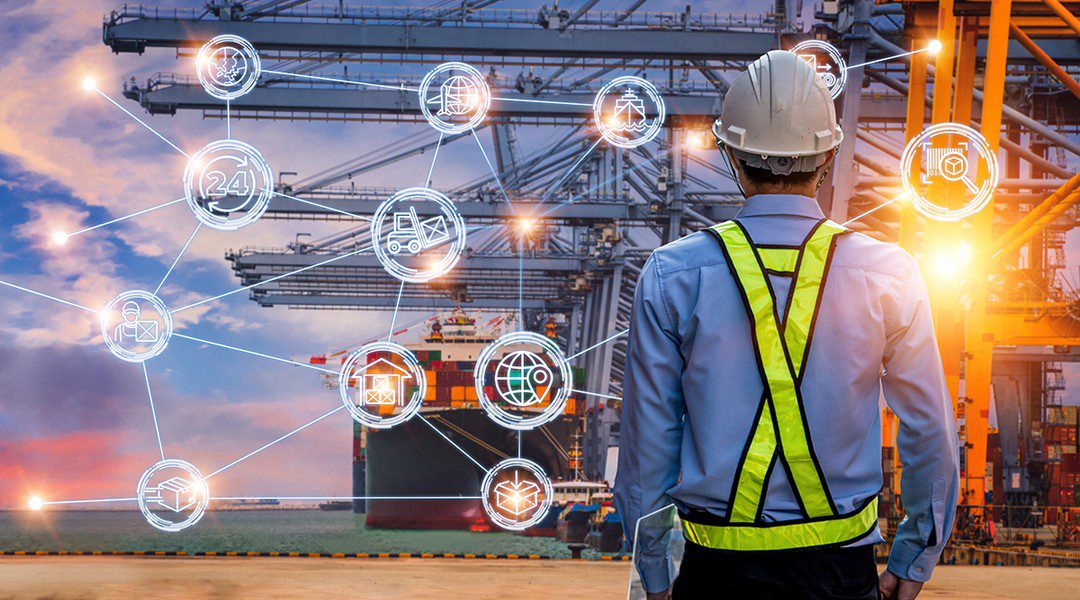Shipping is a large and highly complex industry facing ever-evolving challenges to meet specific procedures, policy goals, equipment, and operational requirements.
Shipping companies need a trained and skilled workforce to ensure safe and efficient maritime operations and meet a variety of regulatory requirements for the industry.
Ship Technology has listed some of the major companies specialising in maritime training, research, and product development, based on its intel, insights, and decades-long experience in the sector.
The list includes suppliers of internationally recognised maritime education and training programmes for seafarers across different levels, from technicians and deck cadets to sea captains and chief engineers.
The list also includes some of the leading developers and manufacturers of high-quality and highly realistic simulation systems for marine training, along with providers of customised training programmes in specific areas such as maritime logistics management, ice navigation, and liquefied natural gas (LNG), petroleum and chemical cargo handling.
The information contained within the download document is useful for ship owners, operators and managers, sea captains, procurement officers, fleet and crew managers, marine engineers, watchkeeping officers, vessel traffic services (VTS) operators, and any other individual involved in maritime training, research and development.
The download contains detailed information on some of the leading ship training companies and their product and service lines, alongside contact details to aid your purchasing or hiring decision.
Related Buyer’s Guides covering an extensive range of the latest ship technology can also be found here.
Shipping companies require various training programmes to educate, upskill and ensure the familiarity of maritime professionals with the latest technological systems and regulatory requirements.
Maritime training programmes and solutions include, but are not limited to:
Maritime transport accounts for more than 80% of the global trade volume. As the demand for global freight has been growing steadily, maritime trade volumes are forecasted to increase threefold by 2050.
While container ships are growing in size to make maritime transport more competitive and cost-effective, the industry is faced with constant pressure to reduce carbon emissions and become more efficient and sustainable.
Research and development in the maritime sector are currently focussed on the use of sustainable fuels, energy-efficient ship engines, and emerging technologies such as artificial intelligence (AI), Internet of Things (IoT), robotics, smart sensors and autonomous control to improve operational efficiency.
Immersive reality technologies such as augmented reality (AR), virtual reality (VR) and mixed reality (MR) are also being increasingly sought to be applied in ship training, engineering and inspection.





